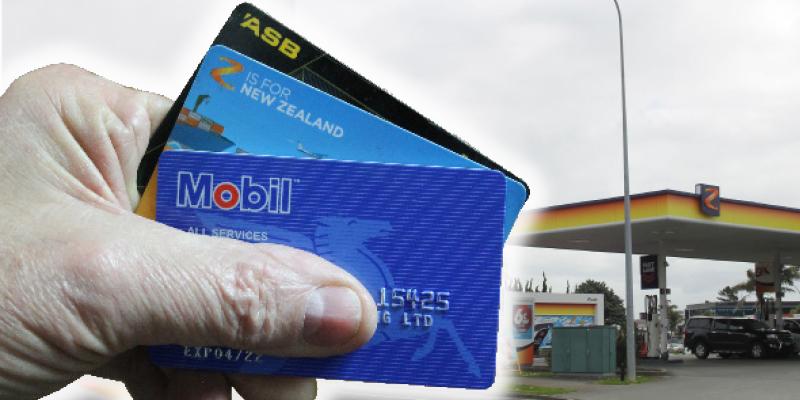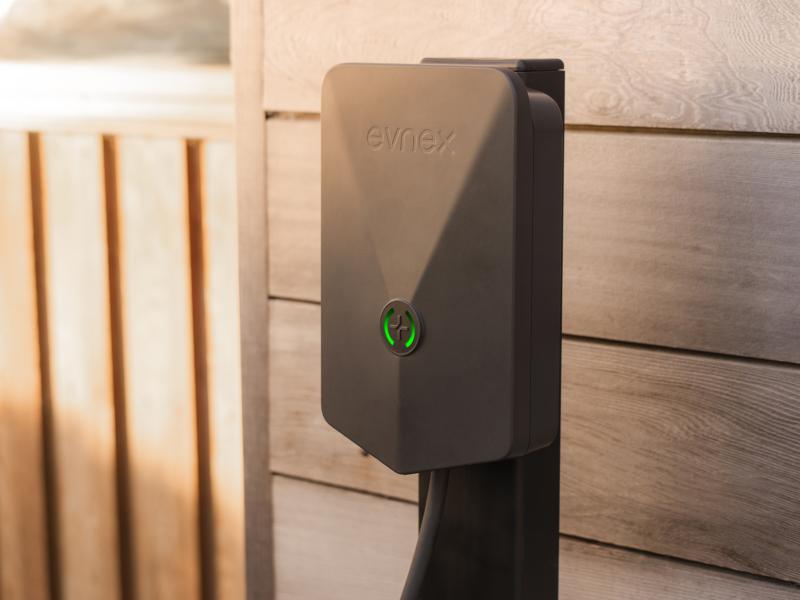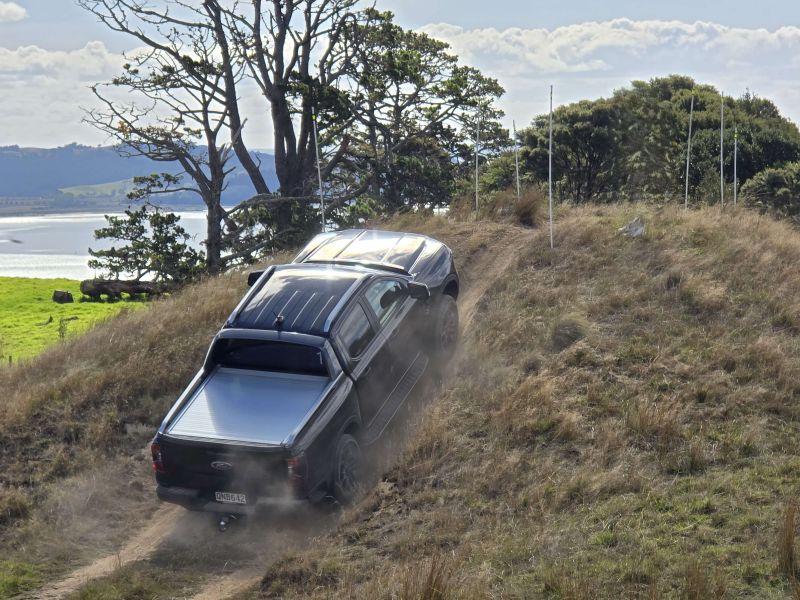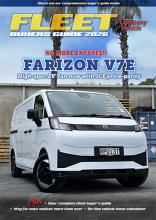If you are running your own business – fuel cards make sense.
If you are an overworked, underpaid fleet manager, responsible for someone else’s vehicular assets, fuel cards make sense.
Given those two titbits of information, for anyone who reads NZ Company Vehicle magazine, fuel cards make sense.
And now the question you should all be asking me is “why?”
Fuel cards offer business efficiency, but that’s not the be all and end all of it.
Fuel cards have been with us for some time, and in that time, they have not changed a great deal.
They work like any other piece of plastic, though more like a credit card than an eftpos or debit card, because they do all sorts of tricks – or more accurately, they help you do all sorts of tricks.
One of those is jumping through less hoops than your non-fuel card carrying competitors.
A fuel card simplifies admin, so there’s no need to fuss over little bits of paper – not all of which necessarily turn up on the accountant’s desk at the right time – if at all – wasting the accountant’s time as well as the driver’s, while the two of them hunt down those three or four receipts.
Instead, it is a very simple process to reconcile transactions and according to Mobil, part of the appeal cited from its Mobilcard customers is the minimisation of complexity that comes with managing fuel card purchases and this means more time to focus on other aspects of running a business.
Of course, you can limit purchases made on any fuel card to fuel alone, but there may be occasions when you want your card to have a little more flexibility, so you can add purchase options or limit them as you prefer.
It’s easy to see what the fuel card is used to buy inside the service station – coffee, food, car washes, magazines, oh yeah and the occasional things you’d expect a service station to have, but find they don’t, like that widget – oh, no sorry, I was wrong, there’s one more, right at the back…
But in all seriousness, your fuel card has quite a bit of buying power, which can be a bit disquieting for some who like to know exactly where money is being spent, but that’s another beauty of the fuel card: not only can you limit purchases if you feel you need to, you can also see what’s been purchased, which means you are safeguarding your company coffers against the threat of fraud at the same time.
And since we are talking money, using a fuel card means you are not drawing off your company accounts on the day you refuel.
Most card suppliers – Mobil and Z Energy in particular – will offer you 40-day credit terms which can be handy if some of those invoices don’t come in by the 20th of the month and you need a little ‘bridge time.’
Using a credit card, yes, the same principle applies, but then you might be buying fuel and incurring a higher interest rate – and what’s worse, you’re taking a double hit on a ‘grudge purchase’. No one likes buying fuel and for sure no one likes paying credit card interest.
There is, according to the branded fuel suppliers like Mobil, a greater uptake in using branded cards like Mobilcard because of the value it can add to a business.
This includes greater security around fuel purchases, flexibility, better cost management and increased cost control than can be achieved with a credit card.
Another attraction is the account management features that come with branded fuel cards like Mobilcard, means business expenses and fuel expenses can be easily separated.
Then there are the rewards that come with fuel cards – you know, things like fuel price discounts for being a loyal customer to your fuel company of choice or being able to link your fuel purchases with other rewards providers.
Interestingly, while the private consumer might be focussed on additional rewards, the business customer pays attention to a much broader picture, seeing that correct use of fuel cards can save them money in the long run.
As has been pointed out, it doesn’t take much to erode fuel discounts received if the fuel card(s) are not being used efficiently.
I mentioned earlier that fuel cards haven’t changed very much technologically speaking, and that’s true for the southern hemisphere. In Europe, fuel cards are a much bigger deal and those little pieces of plastic do a truckload more than they do here.
Here’s a hint, fuel cards with telematics.
According to Mobil, telematics a great way for businesses to manage their fleet assets, maintenance and fuel costs, which in turn helps them to increase their profitability.
Many New Zealand companies with larger fleets are beginning to use telematics, and Mobil works closely with the telematics providers to provide that critical information to our customers.
If a customer wants to incorporate telematics into their fleet, their telematics data can be integrated with Mobilcard’s reporting tools.
The integrated telematics data is then sent to the customer alongside the Mobilcard data, giving the customer a fuller picture of their fleet costs and overall operations. It’s just one of the ways Mobilcard adds value.
New Zealand is dependent on many fuel providers, all of whom have their proprietary fuel cards and we have a multitude of fleet management companies who also offer fuel cards, so which is best?
Well, we couldn’t really comment, being impartial, but we would suggest – for those looking to engage a fuel card provider – that companies with a progressive outlook on technology are a good starting point.
They are more likely to be either the companies with the most robust systems from overseas, where fleet management is a REALLY big deal or the companies with New Zealand consumers’ best interests at heart.
It should be mentioned here too, that some fuel providers are putting their bets on the cellphone as a means of interacting with their customers through apps and related connectivity.
My personal thoughts on this? Cellphones were never intended to be used anywhere near a fuel station – there are even signs at the pumps to this effect.
Ask yourself, is this showing corporate responsibility? Or should you be looking to the companies who provide useful and convenient tools such as advanced/advancing tools such as fuel cards?
Another consideration to factor into your decision as to which fuel card supplier is best, is convenience and availability of the service network.
Using little more than common sense, if your company fleet travels extensively, the best provider is going to be one with a good footprint of outlets around the country.
As it stands today, the providers meeting these prerequisites would be Z Energy which now includes Caltex and Challenge fuel outlets and Mobil.






